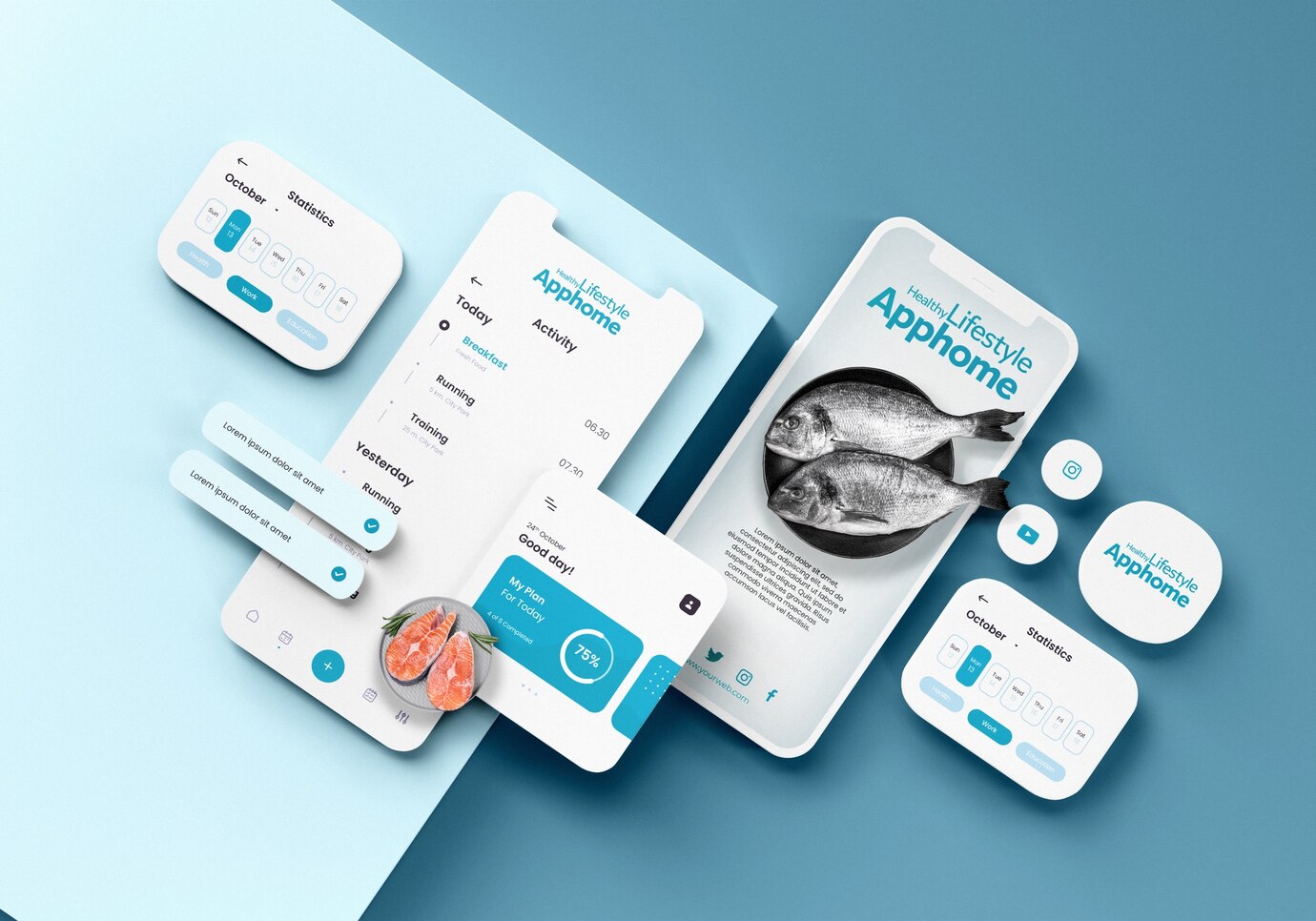The Role of APIs in Mobile app Development
Mobile app developers play a crucial role in creating innovative and efficient applications that cater to diverse user needs. One of the key tools enabling this is the Application Programming Interface (API). APIs serve as a bridge between different software components, allowing them to communicate and function seamlessly. In mobile app development, APIs streamline processes, reduce development time, and enhance app functionality by providing access to external services and data.
1. Simplified Development Process

APIs simplify the mobile app development process by offering ready-to-use methods for accessing specific features or services. Developers can integrate functionalities such as payment processing, social media sharing, and mapping services without building these components from scratch. This saves time and effort, enabling faster app deployment and continuous updates.
2. Data Integration and Synchronization

Many mobile apps rely on external data sources, such as social media feeds, weather forecasts, or financial information. APIs enable smooth data integration and real-time synchronization, ensuring users receive up-to-date content. For instance, a travel app can fetch live flight status updates through airline APIs, enhancing the app's value to users.
3. Third-Party Service Integration

Mobile app developers can extend app capabilities by integrating third-party services through APIs. Payment gateways like PayPal or Stripe, cloud storage services like Google Drive, and messaging platforms like WhatsApp are examples of services commonly connected via APIs. This integration enhances the app’s functionality and provides a seamless user experience.
4. Enhanced App Security

APIs contribute significantly to mobile app security. They offer built-in authentication mechanisms like API keys, OAuth, and token-based authentication, ensuring secure data exchange. These features reduce the risk of data breaches, making APIs a reliable option for safeguarding sensitive user information.
5. Scalability and Performance

APIs support app scalability by connecting apps to cloud-based services that handle increased traffic and data loads. As app usage grows, developers can rely on APIs to ensure smooth performance without rebuilding the app infrastructure. This scalability helps maintain a positive user experience even during peak demand periods.
6. Customization and Personalization

APIs enable app customization by allowing developers to tailor features to specific user preferences. For example, fitness apps can connect to APIs from wearable device manufacturers for personalized fitness tracking. Similarly, APIs offering language translation services support app localization, catering to a global audience.
7. Cross-Platform Compatibility

APIs promote cross-platform development by allowing apps to function on multiple operating systems, including Android, iOS, and the web. Developers can maintain consistent features and functionality across platforms, reducing development time and ensuring a unified user experience.
8. Faster Updates and Feature Expansion

APIs make it easier to update and expand mobile app features. Developers can add new functionalities without overhauling the entire app structure, enabling continuous improvement and adaptation to changing user demands. This approach minimizes maintenance costs while keeping the app relevant and competitive.
9. Improved User Engagement

APIs support interactive features such as push notifications, in-app messaging, and content updates. These features keep users engaged and encourage regular app usage. For example, food delivery apps use APIs to send real-time order updates, enhancing customer satisfaction and engagement.
Conclusion

For mobile app developers, APIs are indispensable tools that simplify development, enhance functionality, and ensure seamless integration with third-party services. They enable secure, scalable, and user-centric applications that adapt to evolving market demands. By leveraging APIs effectively, developers can build robust, feature-rich mobile apps that stand out in a competitive digital landscape.







